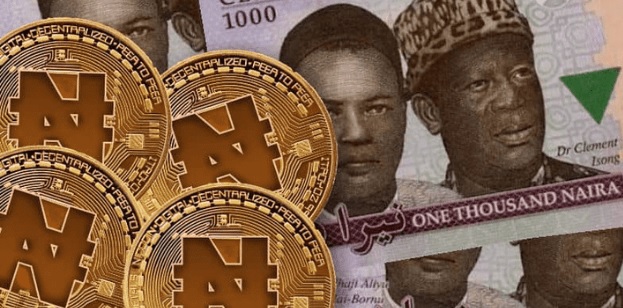By John Ikani
A collaborative effort involving Nigerian banks, fintech entities, and blockchain companies is underway to develop the inaugural regulated Naira stablecoin, cNGN.
The forthcoming cNGN, a consortium-backed Naira stablecoin, aims to be fully compliant and subject to regulatory oversight.
Distinguishing itself from previous stablecoin iterations, cNGN will maintain a 1:1 peg to NGN and boast ownership by Nigerian banks, establishing its legal tender status.
Forbes insiders indicate a slated launch in 2024, marking a significant development in Nigeria’s digital financial landscape.
In contrast to its predecessors, cNGN will operate as a cryptocurrency, aligned with the stablecoin category, and will be under the administration of the consortium with ownership vested in the participating banks.
The development is coming just days after Nigeria permitted cryptocurrency transactions, overturning restrictions imposed by the Central Bank in February 2021.
Recognizing the pivotal role of cryptocurrencies in global financial systems, Nigeria acknowledges their inevitable integration into its own economy.
Nigeria has persistently pursued a digital currency agenda, commencing with the 2012 introduction of the cashless policy. This initiative aimed to enhance payment system efficiency, reduce banking service costs, and optimize monetary policy effectiveness.
Despite the launch of its predecessor, the Central Bank Digital Currency (CBDC) called eNaira, on October 25, 2021, adoption rates have been modest.
Notably, with around 40 million citizens lacking a bank account, the central bank grapples with convincing the populace to embrace CBDC, attracting only one in 200 citizens to the digital currency fold.



































